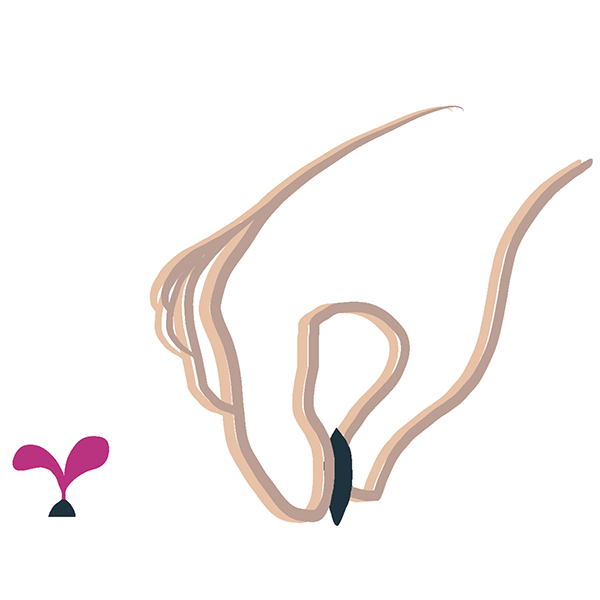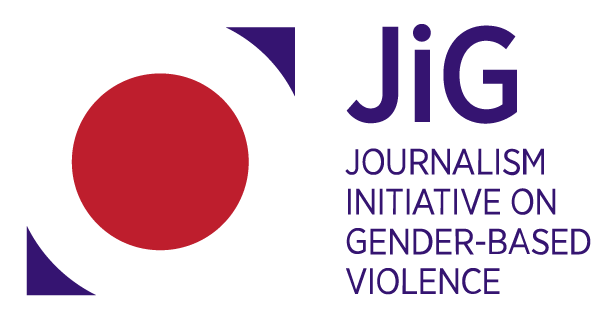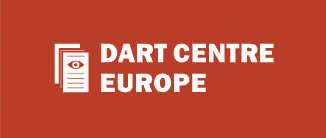Ethical Documentation of Sexual Violence in Conflict
Advocating for a survivor-centric, informed, and empowering approach to documenting survivors’ accounts
“Even with my face covered, I did not feel safe. ISIS knows everything about me. They can know me from my eyes.”
Survivor, Voices of Yezidi Women
How I Came to This Work
My work on ethical documentation began in 2014 in response to intense media interest in and reporting on egregious human rights violations committed by ISIS, particularly against Yezidi women and girls. Since then, I have been committed to transforming the ways in which survivors’ stories are gathered, published, and shared.
My ground-breaking research into unethical media practices, including the influential pieces Has Anyone Here Been Raped by ISIS? and Voices of Yezidi Women: Perceptions of journalistic practices in the reporting on ISIS, have shed light on how survivors perceive media practices in covering sexual violence. Through my research in collaboration with Dr. Johanna Foster, survivors have persistently voiced concerns that their interactions with journalists, NGOs, and criminal investigators have often felt disempowering, with many reporting that their sense of safety and security was compromised as a result.
Community members, journalists, NGOs, and others pressured Yezidi survivors to talk about what happened to them in captivity. The lack of mental health services in a prolonged displacement context in Iraq made it very difficult for survivors to move towards recovery and psychological safety following these encounters. Despite being well-intentioned, journalists who probed into details of rape, particularly with children, put them at risk of being re traumatized and re-victimized. I see these unethical practices repeated in every conflict involving sexual violence.
I’m focused on changing the narrative around trauma, survivorship, consent, and autonomy.
How I Came to This Work
My work on ethical documentation began in 2014 in response to intense media interest in and reporting on egregious human rights violations committed by ISIS, particularly against Yezidi women and girls. Since then, I have been committed to transforming the ways in which survivors’ stories are gathered, published, and shared.
My ground-breaking research into unethical media practices, including the influential pieces Has Anyone Here Been Raped by ISIS? and Voices of Yezidi Women: Perceptions of journalistic practices in the reporting on ISIS, have shed light on how survivors perceive media practices in covering sexual violence. Through my research in collaboration with Dr. Johanna Foster, survivors have persistently voiced concerns that their interactions with journalists, NGOs, and criminal investigators have often felt disempowering, with many reporting that their sense of safety and security was compromised as a result.
Community members, journalists, NGOs, and others pressured Yezidi survivors to talk about what happened to them in captivity. The lack of mental health services in a prolonged displacement context in Iraq made it very difficult for survivors to move towards recovery and psychological safety following these encounters. Despite being well-intentioned, journalists who probed into details of rape, particularly with children, put them at risk of being re traumatized and re-victimized. I see these unethical practices repeated in every conflict involving sexual violence.
I’m focused on changing the narrative around trauma, survivorship, consent, and autonomy.
A Survivor-Centric Approach
In a world where the voices of survivors of sexual violence are often silenced or manipulated, I advocate for ethical, empathetic, and responsible narration. My approach to documenting conflict-related sexual violence,-gender-based violence, and other human rights violations is grounded in respect for survivors’ fundamental dignity. I believe their stories should be told in a way that honors their experiences and uplifts their voices, rather than sensationalizing their trauma.
SERVICES
Tailored Training and Technical Guidance

Creation of organizational guidelines for an informed consent policy and practice.

Developing organizational protocols to document sexual violence and other human rights violations in conflict zones.

Training and coaching on guidelines and protocols related to informed consent and ethical documentation of sexual violence in conflict and other human rights violations.




